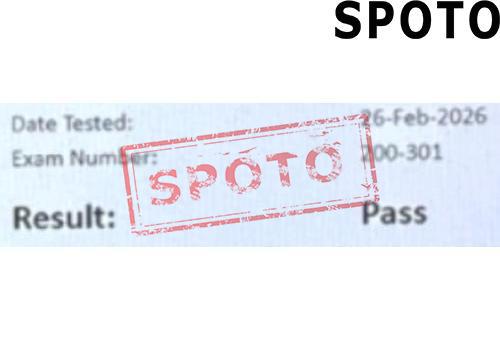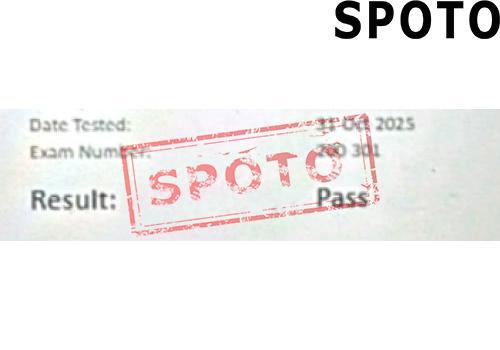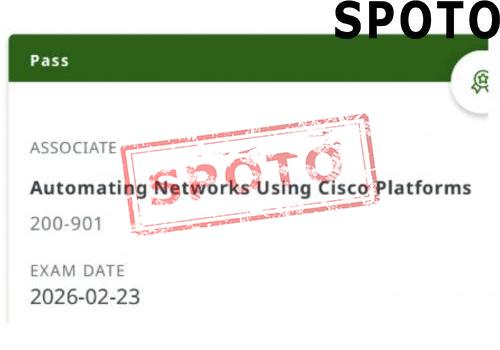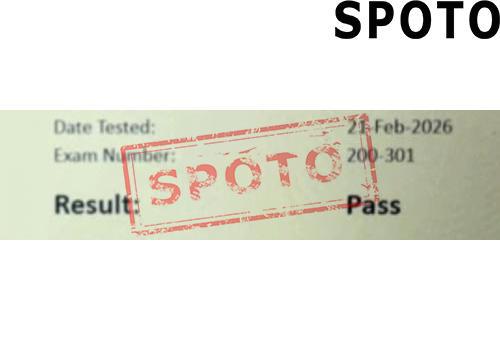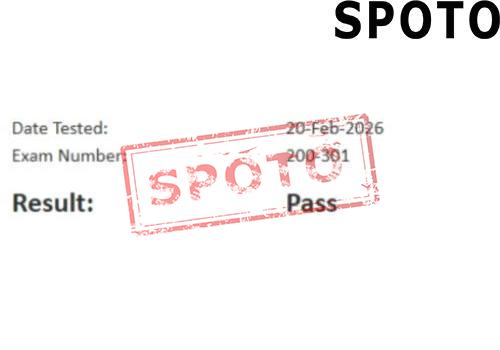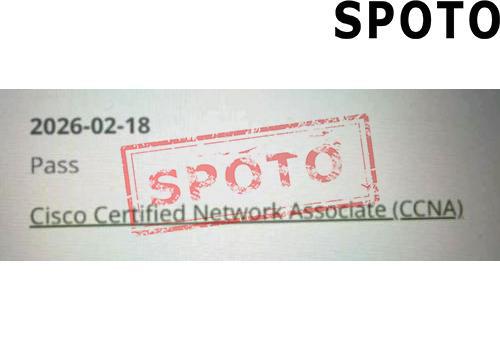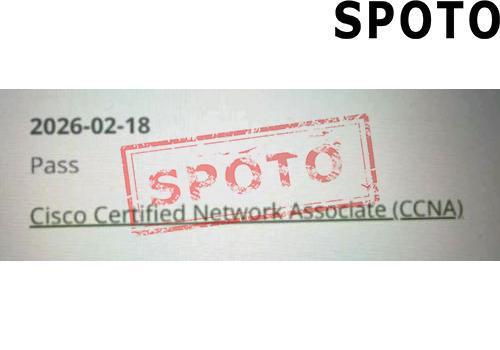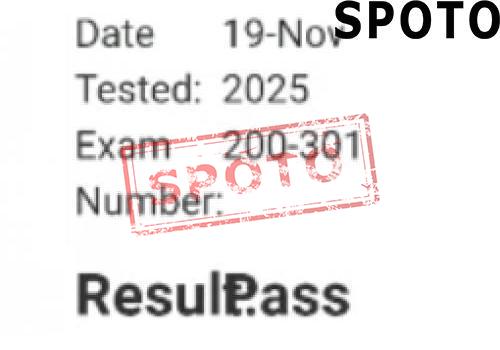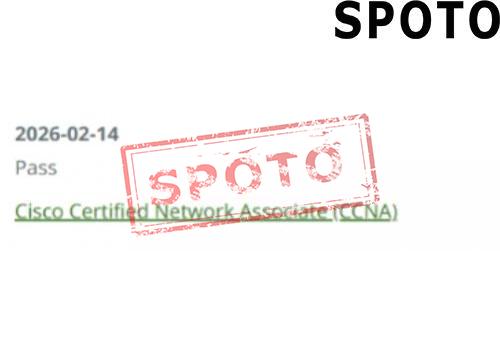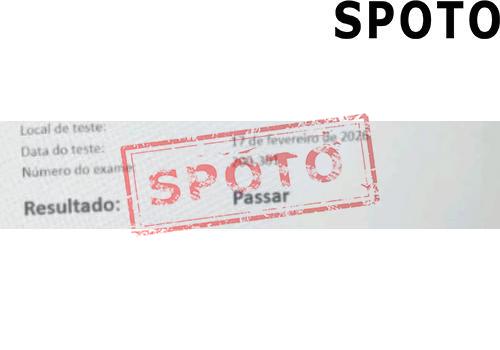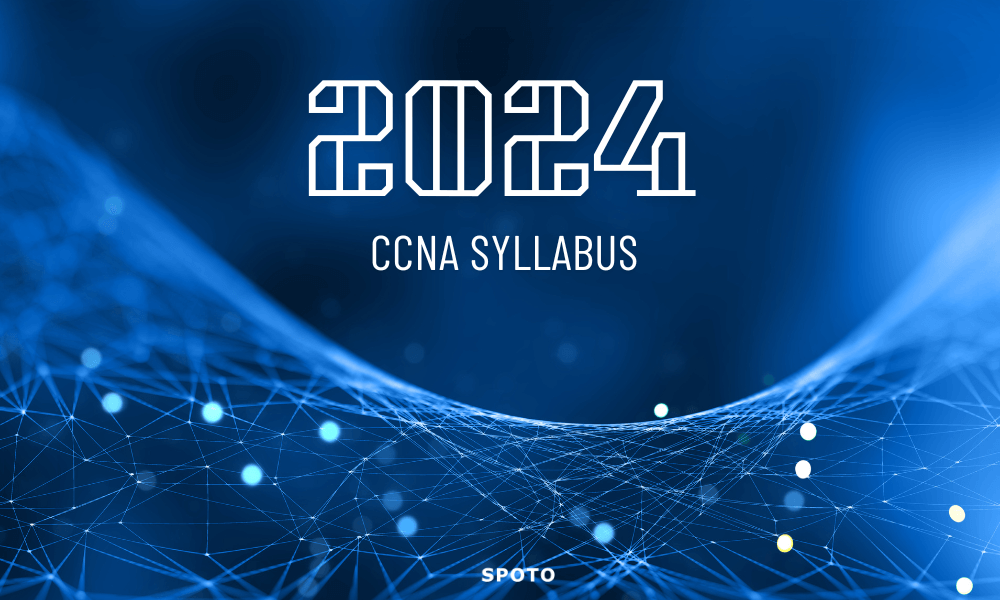
Table of Contents
In the digital era, network technology is the bedrock of global connectivity. The CCNA (Cisco Certified Network Associate) certification, offered by Cisco Systems, Inc., is a pivotal milestone for networking professionals. Not only does it demonstrate foundational networking expertise, but it is also widely recognized worldwide, offering a clear career trajectory for those in the field.
The CCNA certification is indispensable for individuals seeking to establish or advance their careers in network technology. It equips professionals with the essential technical knowledge and provides a platform to showcase their professional capabilities. In this article, we will briefly explore the significance of CCNA and its role within the realm of network technology, offering guidance for those passionate about this field.
CCNA Certification Overview
The CCNA (Cisco Certified Network Associate) certification, offered by Cisco Systems, Inc., verifies an individual's foundational knowledge and skills in the field of networking. It focuses on the installation, configuration, operation, and troubleshooting of network infrastructure, covering a wide range of concepts, including routing technology, switching technology, wireless LAN, network security, and automated network services.
CCNA Certification Development History
Since its introduction in 1998, the CCNA certification has become an integral part of the careers of network technology professionals. Initially, it focused primarily on basic networking concepts and the operation of Cisco devices. As network technology has advanced, the CCNA certification has undergone several updates and improvements to adapt to new trends and industry needs.
In the early 2000s, with the rapid development of network technology, CCNA certification began to cover a wider range of topics, such as wireless networks and cybersecurity. In the 2010s, with the rise of cloud computing and the Internet of Things, the CCNA certification was further expanded to include these emerging fields, ensuring that certification holders could keep pace with technological advancements.
In recent years, the CCNA certification has continued to be renewed to include modern networking technologies such as automation, programming, and virtualization. These updates ensure the continued relevance and value of the CCNA certification, making it one of the must-have certifications for networking professionals.
As the networking industry continues to evolve, the CCNA certification evolves as well, maintaining its position as a certification that provides foundational networking skills. It serves not only as the starting point for a career as a networking professional, but also as a bridge to more advanced professional certifications in networking.
CCNA Exam Overview
Exam Question Types:
The CCNA exam comprises a variety of question formats, including experimental questions, multiple-choice questions, drag-and-drop questions, and true/false questions. Additionally, the exam includes hands-on lab questions to assess the candidate's ability to configure network equipment.
Exam Duration:
The CCNA exam has a duration of 120 minutes.
Exam Topics:
The CCNA exam covers a wide range of networking topics, including:
1. Network Basics:
- Understanding how networks work, including network topology, protocols, and OSI models
- Learning the basic operation of Cisco devices and the use of network media
2. LAN Switching Technology:
- Mastering the configuration and management of VLANs
- Configuring and troubleshooting switches using Cisco IOS commands
3. IP Address Management (IPv4/IPv6):
- IP address planning and subnetting
- Understanding the IPv6 address structure and configuration requirements for dual-stack networks
4. IP Routing Technology:
- Configuring and managing static and dynamic routing protocols like RIP, EIGRP, and OSPF
- Understanding the route lookup process and packet forwarding mechanisms
5. IP Services:
- Configuring DHCP and NAT
- Mastering the configuration of access control lists (ACLs) for filtering and controlling network traffic
6. Cybersecurity Fundamentals:
- Understanding basic cybersecurity concepts, including common cyber threats and defense strategies
- Configuring network security features such as SSH, VTY access control, and port security
7. Automation and Programmability:
- Learning the basics of network automation and using programming skills to streamline network tasks
8. WAN Technology:
- Understanding WAN access techniques, including PPP and Frame Relay
- Configuring and optimizing WAN connectivity, including DDR and BOD
9. Wireless LAN Technology:
- Learning how wireless networks work and understanding wireless standards
- Configuring the security features of wireless networks
CCNA Passing Score:
The total score of the CCNA exam is 1000 points, and the passing score is 825 points.
Exam Fees:
The cost of the CCNA exam is $300.
Certificate Validity:
The CCNA certification is valid for 3 years, after which the holder must take a recertification exam or a higher-level exam to maintain the certification's validity.
Post-Exam Steps:
After passing the exam, candidates must register their contact information on the Cisco website to receive their CCNA certificate.
How to Prepare for the CCNA Exam
Get the Right Learning Materials
Choosing the appropriate study resources is key to successful exam preparation. Here are some recommended materials:
- Official Cisco Textbooks: Cisco's official textbooks provide a comprehensive foundation for CCNA exam preparation.
- Online Courses: Many online platforms offer CCNA-certified training courses, including video lectures, practical exercises, and mock exams.
- Practice Exams: Familiarize yourself with the exam format and question types by taking SPOTO's free practice tests.
Develop a Structured Study Plan
Creating a reasonable study plan can help you use your time efficiently. Consider the following strategies:
- Phased Learning: Divide the learning content into several phases, each focusing on a specific topic.
- Regular Review: Review the material you've learned regularly to reinforce your knowledge.
- Hands-On Practice: Ensure you allocate enough time for experimentation and practice to develop practical skills.
Engage with the Learning Community
Join the CCNA Learning Community or forums to exchange ideas with other candidates:
- Gain Valuable Experiences: Learn from the experiences of those who have already passed the exam.
- Resolve Doubts: Seek help from the community when you encounter problems.
Conquer the Exam with SPOTO's Study Group → https://t.me/spotociscoclub
Focus on Practical Skill Development
The CCNA exam emphasizes both theoretical knowledge and practical skills. Engage in the following activities:
- Use Network Emulators: Practice with network emulators like Cisco Packet Tracer and GNS3.
- Perform Lab Exercises: If possible, configure and troubleshoot network devices in a lab environment.
Take Practice Exams
In the final stages of preparation, take mock exams to:
- Familiarize Yourself with the Exam Process: Practice exams help you get accustomed to the exam format and time management.
- Identify and Address Weaknesses: Use mock exams to pinpoint areas that need more attention.
Exam Day Strategies
On the day of the exam, adopt the following strategies:
- Get Plenty of Rest: Ensure you are well-rested before the exam.
- Stay Calm: Maintain your composure during the exam and read each question carefully.
- Manage Your Time Wisely: Allocate your time efficiently to cover all topics thoroughly.
Conclusion
CCNA certification is more than just a credential, it represents your commitment and professional competence in networking technology. It opens the door for you to enter the networking industry, provides a platform to network with global networking professionals, and lays a solid foundation for your future career.
As technology continues to advance, networking professionals need to constantly learn and adapt to new challenges. The CCNA certification is the starting point of this journey, which not only proves your competence but also motivates you to constantly strive for excellence. Whether you're just starting your career in networking technology or looking to upgrade your existing skills, CCNA certification is an important step worth investing in.
Finally, remember that successfully passing the CCNA exam is just the beginning, and that continued professional growth and adaptation to new technologies are the guarantee of long-term career success. I wish you continued progress in the field of network technology and the achievement of your personal career goals.
